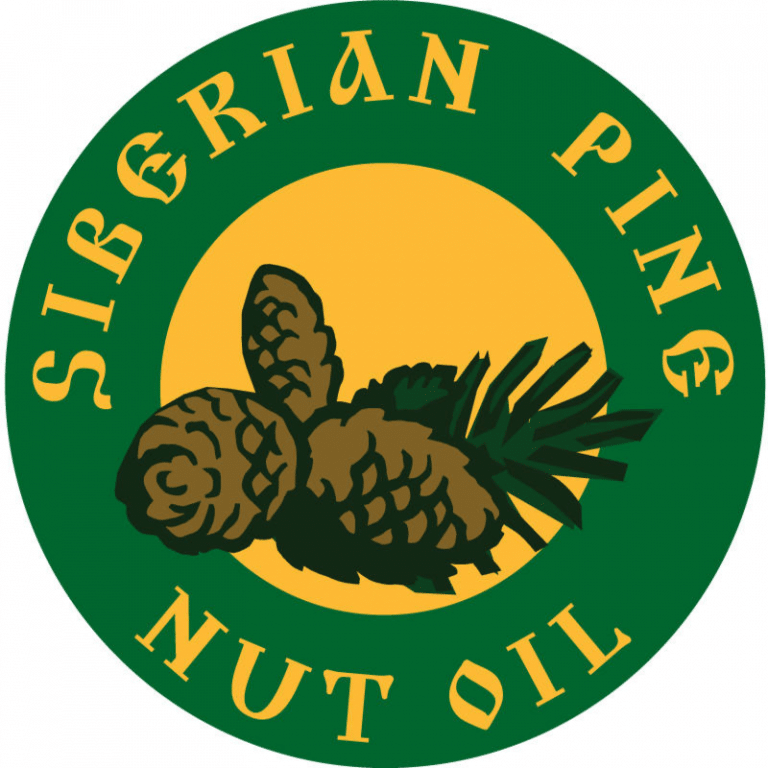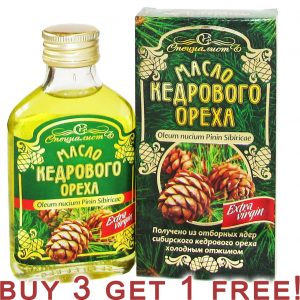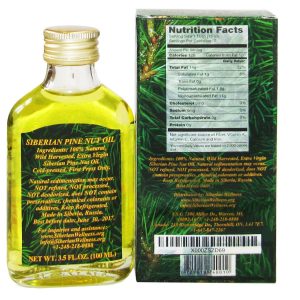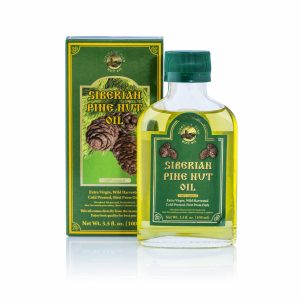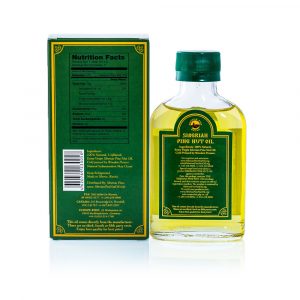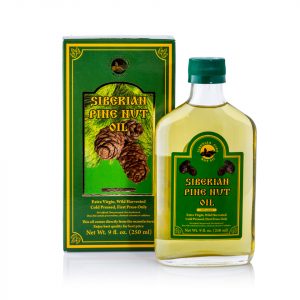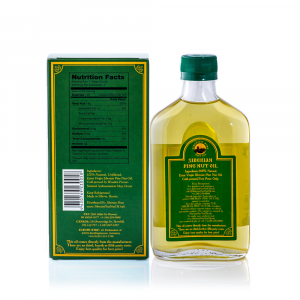How do pine nut products affect the immune system?
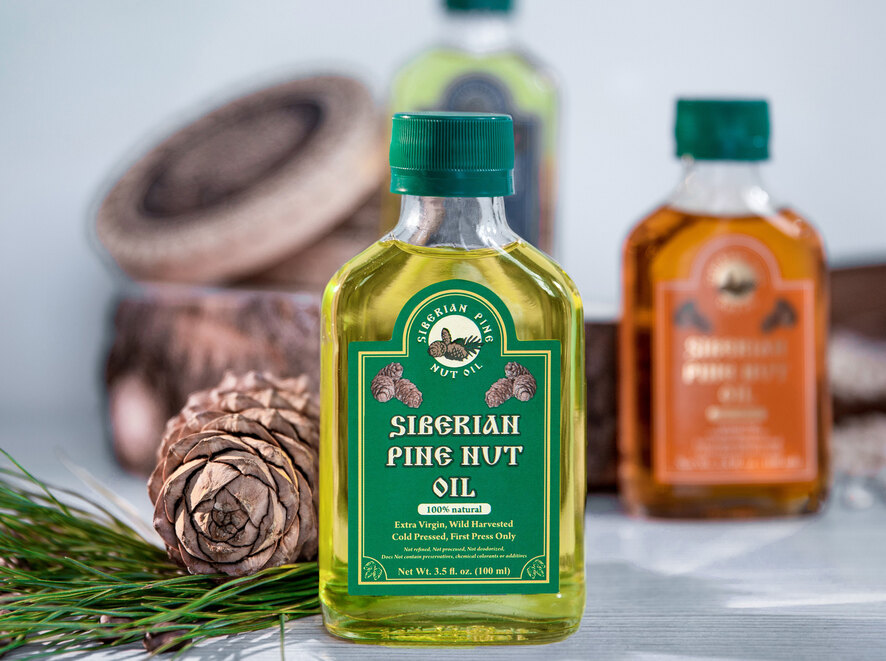
Immunity is a system that protects a person from all harmful substances (viruses, bacteria, etc.) and controls the destruction of failed or obsolete cells (for example, it is immunity that protects us from tumor formations). This is a complex multicomponent system, any failures in which lead to increased vulnerability of the body to pathogens. Sometimes our immune system needs the support. Pine nut products are boosters for the immune system; they support its specific cells (neutrophils, T-cells, B-cells, and others), and also contribute to the rapid destruction of pathogens entering the body.
Protection at the cellular level
The basis of the immune system is specific cells that are responsible for various stages of defense: recognizing pathogens, launching a response to them (the so-called enzymatic cascade reactions), and, finally, destroying pathogens. These cells include T cells, monocytes, macrophages, neutrophils, and many others. Pine nut products contain nutrients that stimulate the proliferation of immune cells:
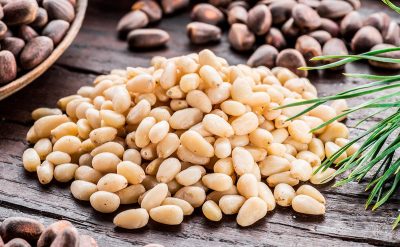
- Flavonoids influence the activity of immune cells associated with inflammation, such as monocytes and lymphocytes. It is inflammation that signals that the body has responded to the effects of pathogens, and thereby accelerates their destruction.[1]
- The minerals magnesium and zinc stimulate increased proliferation of all immune cells.
- Zinc and arginine regulate the functioning of the thymus, in which T cells are synthesized. Please note: the thymus is active until the age of 20-25, so it is important to support its function from a very early age.[2]
- Unsaturated fatty acids, such as oleic and linoleic acids, are part of the cell membranes of neutrophils and contribute to the initiation of inflammatory reactions due to their effect on the cytokine IL-1b.[3] Fatty acids are also involved in the regulation of innate immune memory. [4]
Destruction of pathogens
One of our products, resin extract, not only stimulates the functioning of immune cells, but can also directly participate in the destruction of pathogens. Scientists have found that the main component of pine resin, terpenes, increase the vulnerability of microbes and the permeability of their membranes. The destructive effect also occurs at the microbial DNA level, that is, the effect of terpenes interferes with the transfer of information when the microbe divides. In addition, when a pathogen’s protein is damaged, its vulnerability to temperature and oxidative effects increases, which accelerates their destruction.[5]
Be healthy — let pine nut products help you with this!
REFERENCES
[1] Wu S, Pang Y, He Y, et al. A comprehensive review of natural products against atopic dermatitis: Flavonoids, alkaloids, terpenes, glycosides and other compounds.
[2] Mocchegiani E, Santarelli L, et al. Plasticity of neuroendocrine-thymus interactions during ontogeny and ageing: role of zinc and arginine.
[3] Pereira LM, Hatanaka E, et al. Effect of oleic and linoleic acids on the inflammatory phase of wound healing in rats.
[4] Raphael Watt, Kimberley Parkin and David Martino. The Potential Effects of Short-Chain Fatty Acids on the Epigenetic Regulation of Innate Immune Memory
[5] Melkina OE, Plyuta VA, Khmel IA, Zavilgelsky GB. The Mode of Action of Cyclic Monoterpenes (-)-Limoneneand (+)-α-Pinene on Bacterial Cells.
These articles come directly from researchers and are passed on to everybody. siberianpinenutoil.org assumes no liability for any content in these articles. For Educational purposes only. This information has not been evaluated by the Food and Drug Administration. This information is not intended to diagnose, treat, cure, or prevent any disease.
Unique Siberian Pine Nut Oil 3.5 fl. oz. (100 ml)
Original price was: 42.65$.24.95$Current price is: 24.95$.Unique Siberian Pine Nut Oil 8.75 fl. oz. (250 ml)
Original price was: 97.20$.58.80$Current price is: 58.80$.We are ready to deliver pine nut oil:
1420 Gardiner Ln, Louisville, KY 40231
+1-855-218-0888
info@siberianpinenutoil.org

